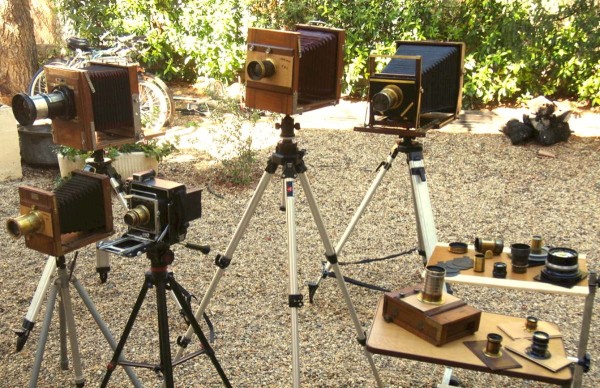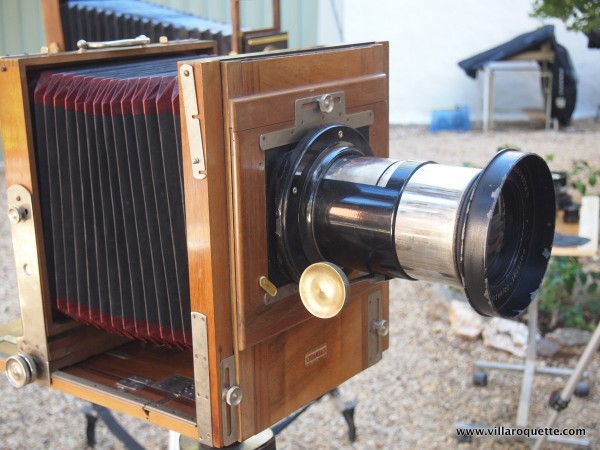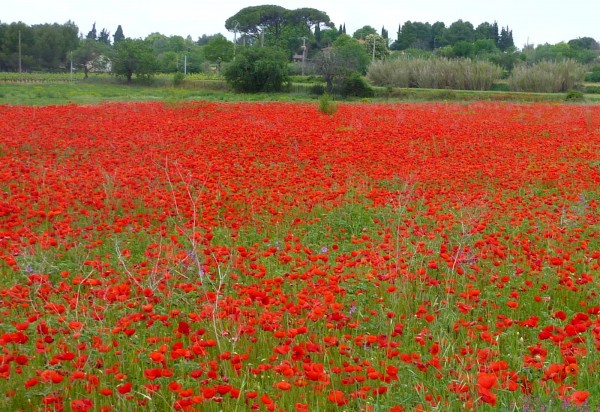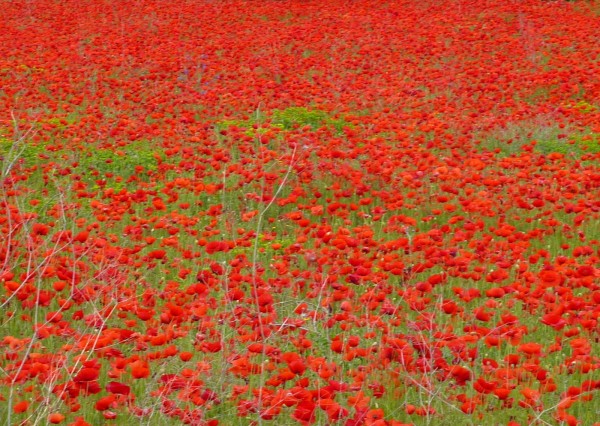We are now taking reservations for the first Collodion, WetPlate workshop in VillaRoquette.
The dates are set for October 11th and 12th 2014.
Here is a pdf file with more information
John Brewer and Dr Kate Horsley are holding a weekend workshop on collodion, wet-plate, photography at VillaRoquette.
A prominent artist and lecturer, John Brewer is an expert in wet plate collodion and alternative photographic processes. In the last few years he has mentored hundreds of artists, photographers and hobbyists in wet plate collodion and a great range of students, including many well-known professional photographers, come from all over the world to attend his workshops. John has exhibited internationally and his work is held in private collections worldwide.
Educated at Oxford and Harvard, Dr Kate Horsley is a writer and university lecturer who specialises in gothic fiction and has just published her first novel. Kate’s wet plate collodion work has been exhibited nationally, collected privately and included in an international series. For the last two years she has taught wet plate photography with John in venues across the UK.
This two day residential course is designed for a group of six students, all of whom will be provided with John’s comprehensive thirty page wet plate collodion manual. To ensure close personal attention, John and Kate will have the support of Tony Tidswell, a professional photographer who is fluent in French.
Accommodation will be included and students are welcome to bring friends or partners not attending the course. They have the option of staying in the Villa Roquette for additional days, with full use of the equipment and services provided. A film darkroom area is available to guests for use after the workshop has finished and there is a range of photographic equipment available; students are welcome to bring their own large format camera if they wish.
The total price for the course, including two days’ tuition and accommodation, materials, use of equipment, meals and all services of Villa Roquette is £475. Students staying longer or bringing friends or family pay only the (very reasonable) standard supplementary charges.
Delivered in English, this course will cover John’s complete wet plate collodion syllabus, enriched by informal discussions over breakfast, lunch and the Saturday evening meal. Wonderful local food and wines are in unlimited supply for all. To add to this, the beautiful countryside, the Mediterranean, French farming villages and sunshine provide fantastic atmosphere as well as spectacular photographic subject-matter.
The course will be given in English and students are given a comprehensive 30 page manual of the chemistry and processes written by John Brewer. There are French speaking assistants working in the course and translations of data sheets and processes can be provided and printed at any time in most languages (thanks to Google Translation).
Students can bring their own large format camera and there is a range of adapters on loan so 19th century lenses can be fitted to some digital cameras (put a Petzval on your 4/3).
The scope of the course is similar to those offered by John in the UK, the the added bonus of breakfast and lunch discussions and the Saturday evening meal, where local food and the wonderful local wines are in unlimited supply for all (as well as stimulating conversation). Plus the beautiful countryside, the Mediterranean, French farming villages and sunshine



